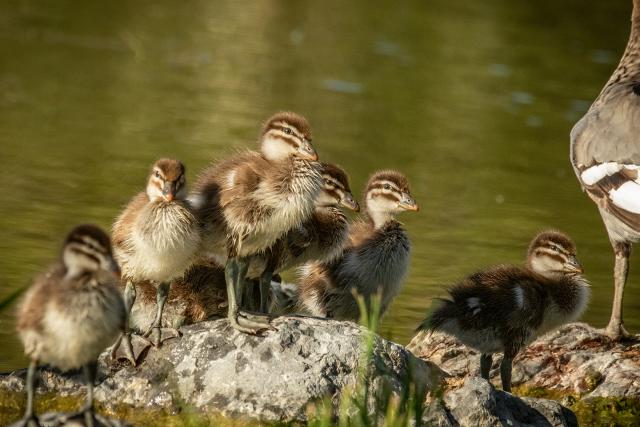A Geelong environmental group is calling for the immediate release of a new draft of hunting regulations for public review and comment.
In an open letter to Minister Steve Dimopoulos, the group Regional Victorians Opposed to Duck Shooting (RVOTDS) called for the draft to be released before the interim regulations expire in September.
RVOTDS’ Sue Williams said the current hunting regulations had been in place since 2012 and are meant to be reviewed every 10 years.
“Hunting is permitted in over 50 per cent of public land, most areas are not signposted as hunting areas,” she said.
“Over the years, we have been repeatedly advised that any changes to where, when or how hunting takes place would be addressed when the regulations were next reviewed.”
Geelong Field Naturalists Club supported the letter, and president Graham Possingham said it was important for everyone to have a say on the new draft hunting regulations.
“If you’re going to have duck shooting, have it in a way that at least you’ve got the mechanisms in place to properly protect endangered species,” he said.
“This is our chance to change the rules. It happens once every 10 years and has to be done properly with wide consultation, not just chatting with the shooters.
“The area around Lake Connewarre and Reedy Lake is quite significant for various types of bird life, some of it was closed, and some of it was open, but it’s all really one interlinked wetland.”
Recreational duck and quail hunting will continue across the state, and important changes are expected to be implemented in 2025.
A state government spokesperson said people interested in the current review of the Wildlife (Game) Interim Regulations 2023 could provide feedback before the proposed updates come into effect.
“Duck hunting is a legitimate activity, and it matters to thousands of Victorians who love the great outdoors, but more than that, it supports regional communities and economies,” they said.
“Our position has not changed and we’re supporting recreational duck and quail hunting to continue in a safe, sustainable and responsible way, with minimal harm to our environment.”







